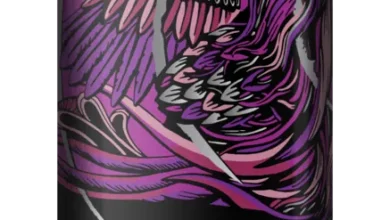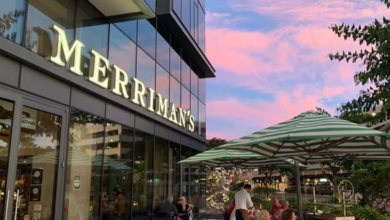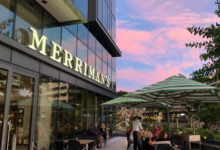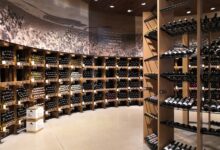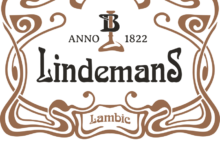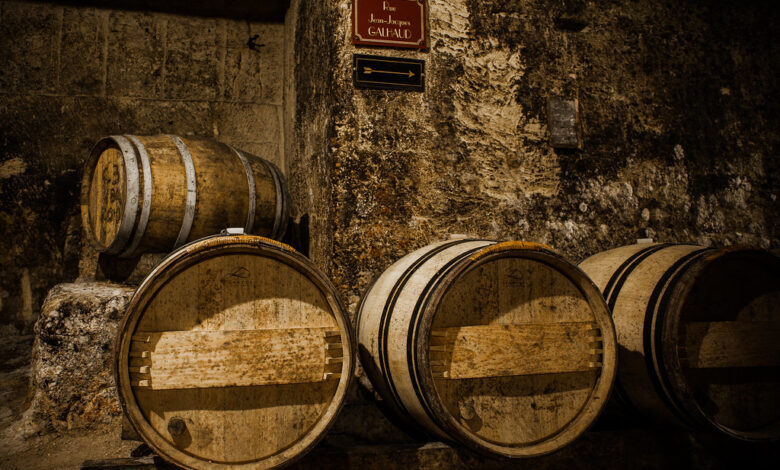
The concept of biodynamic farming emerged from the teachings of Austrian philosopher Rudolf Steiner, who, in 1924, delivered a series of lectures known as the “Agriculture Course.” These lectures laid the groundwork for biodynamic principles, which emphasize holistic, ecological, and ethical approaches to farming. Biodynamic viticulture and wines, in particular in France, integrates organic farming with spiritual and cosmic elements, viewing the vineyard as a self-sustaining ecosystem.
In France, biodynamic practices began to gain traction in the 1960s and 1970s, aligning with the global rise of environmental awareness. The movement initially faced skepticism, as it challenged conventional agricultural methods and required a profound shift in mindset and practices. However, the 1980s and 1990s saw a growing interest in sustainable and organic farming, providing fertile ground for biodynamic viticulture to flourish.
Pioneers of Biodynamic Winemaking in France
Nicolas Joly: The Loire Valley Visionary
Nicolas Joly, often regarded as the father of biodynamic wine in France, has been a pivotal figure in this movement. Joly took over his family’s estate, Coulée de Serrant in the Loire Valley, in the late 1970s and transitioned it to biodynamic practices by 1984. His dedication to biodynamics is evident in his meticulous vineyard management, which includes using natural composts, avoiding chemical pesticides, and adhering to lunar cycles for planting and harvesting.
Joly’s work has not only produced wines of exceptional quality but also served as a beacon for other winemakers. His influential book, “Wine from Sky to Earth,” published in 1999, further propagated biodynamic principles and practices.

Pierre Frick: The Alsace Advocate
Pierre Frick, another early adopter of biodynamic methods, began his journey in Alsace in the 1970s. Frick’s vineyards, known for their diverse varietals, including Riesling, Pinot Gris, and Gewurztraminer, transitioned to biodynamics in 1981. His approach combines traditional winemaking techniques with a deep respect for the environment, resulting in wines that reflect the true character of the terroir.
Frick’s commitment to biodynamics has been unwavering, and his wines are renowned for their purity and expression. His efforts have been instrumental in establishing Alsace as a leading region for biodynamic viticulture.
Anne-Claude Leflaive: Burgundy’s Biodynamic Beacon
Anne-Claude Leflaive of Domaine Leflaive in Burgundy played a crucial role in the promotion and acceptance of biodynamic winemaking in one of France’s most prestigious wine regions. In the early 1990s, Leflaive began converting her family’s vineyards to biodynamic practices, despite initial resistance. Her commitment was driven by a desire to enhance soil health and vineyard biodiversity.
Leflaive’s legacy is profound, with her estate producing some of the finest white wines in the world. Her work has inspired many Burgundy producers to adopt biodynamic methods, contributing to the region’s reputation for high-quality, sustainable viticulture.
Challenges in Biodynamic Wines in France
Despite its benefits, biodynamic winemaking is fraught with challenges. The certification process, often overseen by organizations like Demeter and Biodyvin, is rigorous. It demands adherence to strict standards, including the use of specific compost preparations (such as horn manure and silica), detailed record-keeping, and the synchronization of farming activities with lunar and cosmic rhythms.
Financial and labor-intensive demands are significant barriers. Biodynamic farming often requires more manual labor than conventional methods, as it relies heavily on physical interventions like weeding and pest control without synthetic chemicals. The need for specialized knowledge and materials, such as biodynamic preparations and natural treatments, can also increase costs.
Moreover, biodynamic viticulture faces skepticism from parts of the traditional wine industry. Critics argue that the reliance on cosmic rhythms and homeopathic preparations lacks scientific validation, posing a challenge for broader acceptance. Nonetheless, the growing consumer demand for sustainable and ethically produced wines continues to drive interest and adoption.
French Wine Regions Leading in Biodynamics
Alsace: A Bastion of Biodynamic Wines
Alsace is a standout region for biodynamic viticulture in France. The region’s focus on white varietals like Riesling, Gewurztraminer, and Pinot Gris has benefited from biodynamic practices, which enhance the aromatic precision and minerality of the wines. Notable producers, including Domaine Zind-Humbrecht and Domaine Weinbach, have successfully integrated biodynamic principles, producing wines that reflect the unique terroirs of Alsace.
Loire Valley: A Diverse and Dynamic Region
The Loire Valley, with its diverse range of grape varieties and wine styles, has also embraced biodynamics. Beyond Nicolas Joly, other producers like Domaine Huet in Vouvray and Château de Fosse-Sèche in Saumur are leading the charge. These estates have demonstrated that biodynamic practices can enhance the expression of the terroir, resulting in wines that are vibrant and complex.
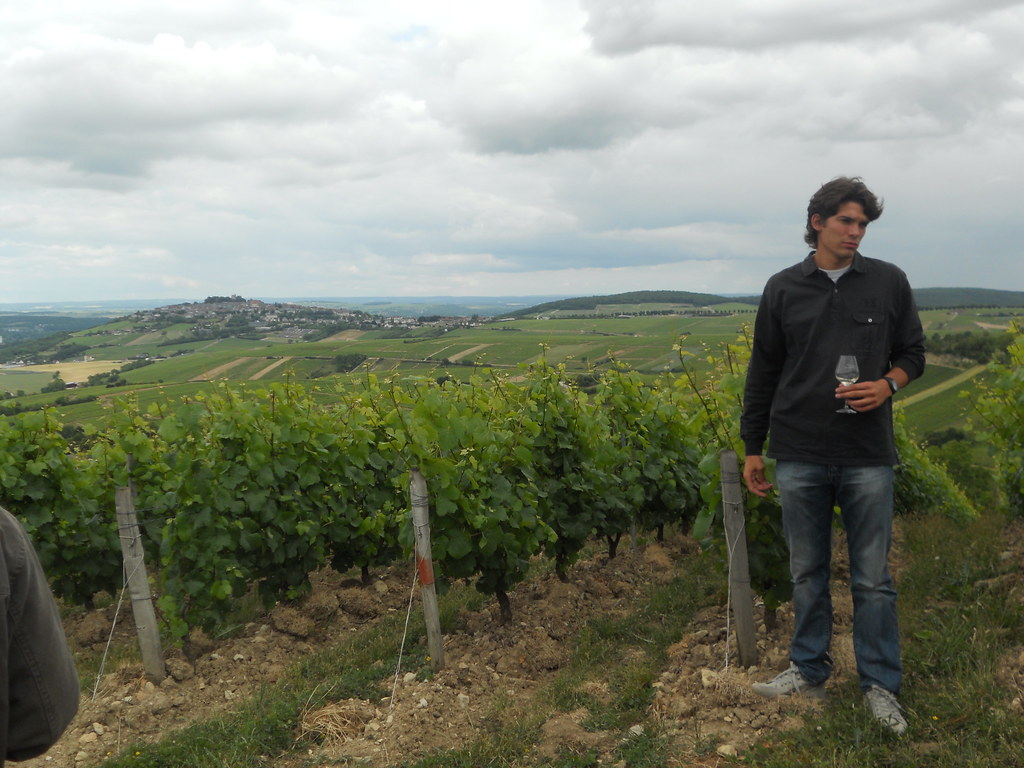
Burgundy: Tradition Meets Innovation
Burgundy, known for its Pinot Noir and Chardonnay, has seen a significant increase in biodynamic farming. The work of Anne-Claude Leflaive at Domaine Leflaive has inspired many others. Including Domaine de la Romanée-Conti and Domaine Leroy, to adopt biodynamic methods. The emphasis on soil health and vineyard biodiversity has led to wines of remarkable depth and clarity. And reinforcing Burgundy’s reputation for excellence.
The Future of Biodynamic Wines in France
Looking ahead to 2024 and beyond, the future of biodynamic wines in France is promising. The movement’s emphasis on sustainability and ecological balance aligns with the global trend towards environmentally responsible agriculture. Innovations in biodynamic practices, coupled with ongoing research into soil health and vineyard ecosystems. These are likely to enhance the quality and consistency of biodynamic wines.
Consumer demand for sustainable products continues to grow, providing a robust market for biodynamic wines. This trend is particularly strong among younger consumers who prioritize environmental and ethical considerations in their purchasing decisions. Additionally, the success of biodynamic pioneers has inspired a new generation of winemakers, ensuring the continued expansion and evolution of biodynamic viticulture in France.
Enriching the French wine landscape for years to come
The journey of biodynamic winemaking in France is a testament to the vision and dedication of its pioneers. From the early experiments of Nicolas Joly and Pierre Frick to the groundbreaking work of Anne-Claude Leflaive, biodynamic viticulture has transformed the French wine industry. Despite the challenges, the movement has gained significant momentum, producing wines that are not only of exceptional quality but also in harmony with nature.
As biodynamic practices continue to evolve and spread, they promise to enrich the French wine landscape for years to come, offering a model of sustainable and ethical winemaking that resonates with the values of today’s consumers. The future of biodynamic wines in France is bright, marked by innovation, sustainability, and a deep respect for the natural world.



